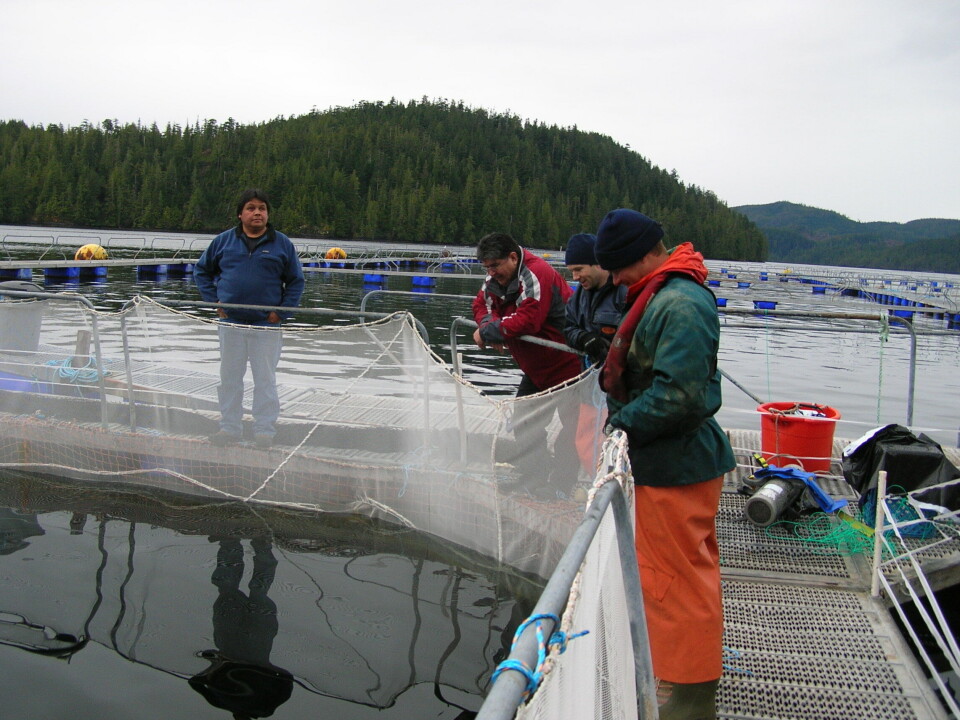
Advantages of Farmed Sablefish
The following Letter to the Editor appeared in The Vancouver Sun newspaper a week ago, written by Director of Sablefish Canada, a major producer of farmed Sablefish (Black cod) in British Columbia:
"I generally enjoyed the first instalment of reporter Larry Pynn's Shifting Seas series on Saturday. We have a vested interest in fish issues. We own and operate a small fishing lodge, store and marina at Winter Harbour on the northernmost fjord on the west coast of Vancouver Island. I am also a founding partner of Sablefish Canada, the company pioneering sablefish aquaculture in B.C. At Winter Harbour, we regularly encounter the odd warm-water species Pynn referred to -- blue shark, sunfish and even albacore tuna -- and we have certainly seen fluctuations in wild salmon runs and the return of huge masses of pilchard (sardines.)However, I was put off by Pynn's quick reference to the emergence of sablefish aquaculture. Given the predominantly negative bias that already exists in B.C., it was frustrating to see a relatively careless reference to the dated and biased University of B.C. study on it, rather than a perspective from both sides. The article said the study "warns that black-cod farming threatens to increase supply and reduce price while generating a risk of transfer of parasites and disease to wild stocks." It failed to mention that this study was funded by the Canadian Sablefish Association, which is made up of commercial sablefish fishermen looking to protect their effective monopoly on the resource.
Sablefish aquaculture is producing the only consistent supply of fresh (as opposed to frozen-at-sea) sablefish. The farmed fish is free of the mercury, worms and parasites that plague the wild fish. As a result, it is selling at a premium and opening up new sushi, sashimi and fine-dining markets. B.C. is well behind the rest of the world in terms of our perspective on aquaculture. Our wild fisheries alone can't sustain the world's ever-increasing need for protein".























































